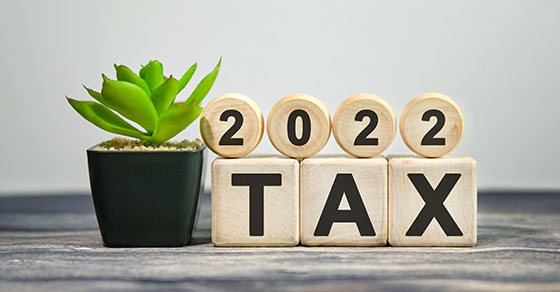
As a result of the current estate tax exemption amount ($12.06 million in 2022), many estates no longer need to be concerned with federal estate tax. Before 2011, a much smaller amount resulted in estate plans attempting to avoid it. But now, because many estates won’t be subject to estate tax, more planning can be devoted to saving income taxes for your heirs.
Continue Reading: Don’t forget income taxes when planning your estate









